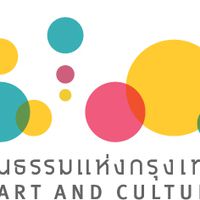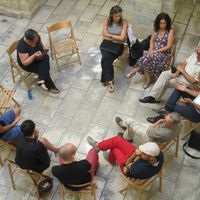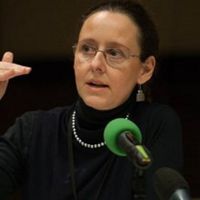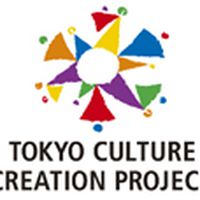Interview with Marcin Jacoby, Project Asia Manager | Adam Mickiewicz Institute | Poland
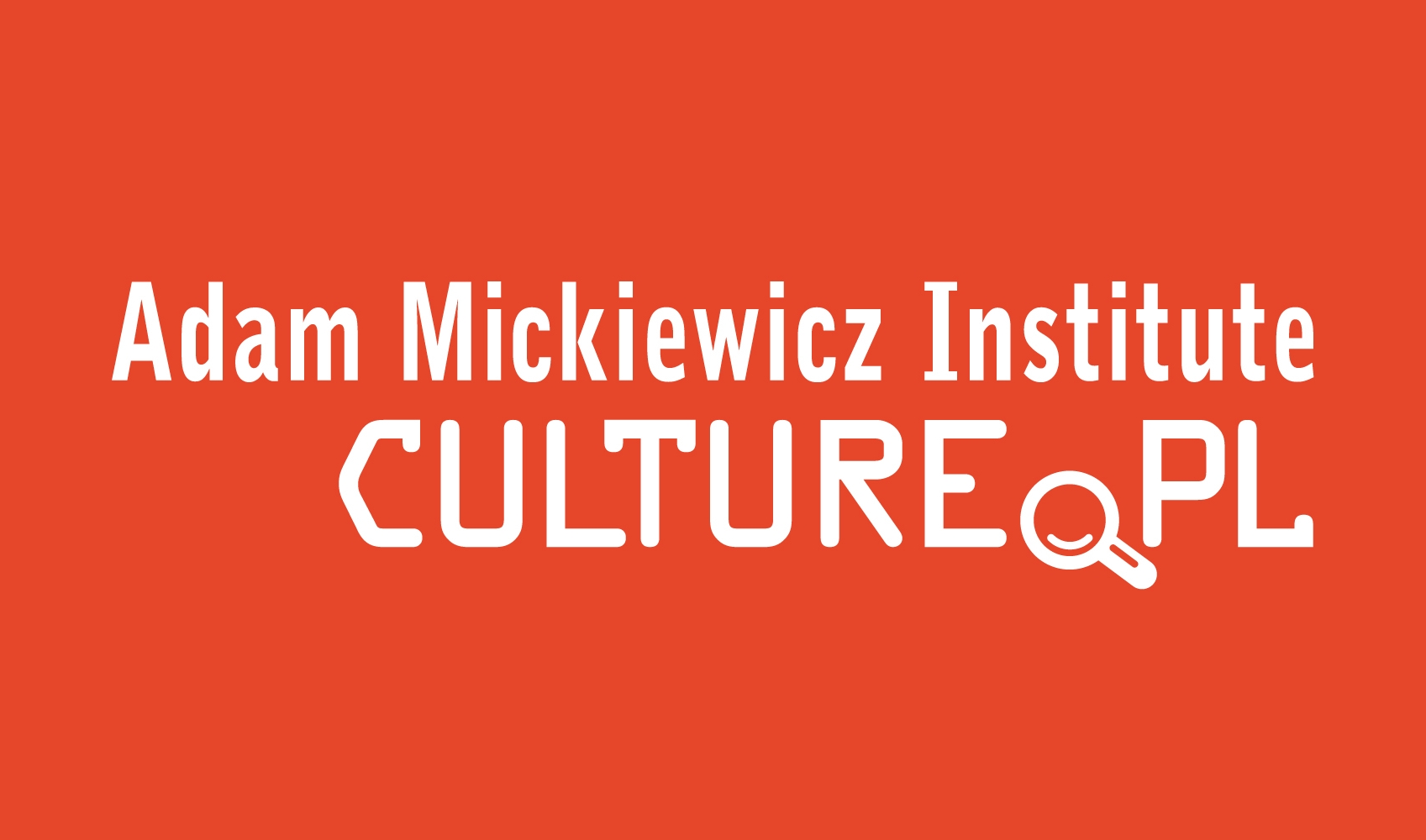
Adam Mickiewicz Institute is a state-owned cultural institution with the task to promote Polish culture around the world and actively participate in international cultural exchange. culture360 contributor Herman Bashiron Mendolicchio meets and talks with Marcin Jacoby, Project Asia Manager, about the organisation's activities, its international strategies and visions related to cultural mobility.
Herman Bashiron Mendolicchio: Could you please introduce the “Adam Mickiewicz Institute” and tell me which are its main aims and activities?
Marcin Jacoby: We are a Polish governmental institution responsible to the Minister of Culture and National Heritage of the Republic of Poland. Our main goal is to engage with partners abroad in various projects promoting Polish culture and the knowledge thereof in other countries. Our main sphere of activity is organising cultural events in the areas of music, theatre and dance, film, visual arts and others, in our main target countries. We also run www.culture.pl, which is the biggest portal devoted to Polish culture, run in Polish and English, updated 24/7, with an ever-expanding database of Polish artists and a wealth of multimedia. We also carry out an extensive programme of study visits of guests from abroad, including culture animators, promoters, artists, critics, and key decision-makers in the field of culture. We are a key co-funder of Polish cultural projects in other countries.
HBM: Do you have any specific programme related with artistic and cultural mobility?
MJ: We run two main mobility programmes of the Ministry:
Polish Culture Around the World – mobility programme for individual Polish artists to participate in specific cultural events around the Globe: exhibitions, performances.
Promotion of Polish Culture Abroad – financial support for Polish cultural and artistic organisations (theatres, bands, associations, foundations) to carry out cultural projects (events) abroad. The programme is directed to organisations, rather than individual artists, usually bigger projects with larger budget needs apply for this programme.
HBM: What kind of cultural mobility projects do you develop and/or fund?
MJ: Apart from the two ministerial mobility programmes, many of our own activities can be labelled as forms of supporting mobility, as we very often decide to support Polish artistic projects abroad by funding plane tickets for the artists, covering transportation costs for theatres and museums, etc. We are now in the process of developing programmes of artistic residences in Poland and abroad.
HBM: Why do you think mobility is important for artists and cultural operators?
MJ: Without mobility they do not have opportunities to learn from others, to broaden their horizons, enrich their art, build co-operation ties with partners from other countries, work on new, international projects.
HBM: How do you select artists, researchers or cultural operators? How is your evaluation process?
MJ: For ministerial programmes, participants are selected through an open call for applications, and their assessments by commissions with outside, independent members representing all areas of the arts. Later, after the completion of the projects, all successful applicants need to provide a number of reports, as well as media coverage, documentation of the projects, etc. All these are examined. If there are any irregularities, applicants can be penalised.
For our own projects, artists are invited to co-operate with us on individual bases, according to their achievements, and profiles. We work with those we consider best in their given field, trying to balance working with famous names on one hand, and promoting young, undiscovered talents on the other.
We have a well-developed internal project assessment tools, including financial analyses, media coverage and audience report analyses, etc. These are then used in case studies, as well as in our reports for the Ministry. We hold ISO 9001/2008, which additionally helps us maintain transparency and high efficiency in the way we spend taxpayer’s money.
HBM: What do you think about the relationship between mobility and education?
MJ: Traveling to other countries, meeting other people and seeing things for yourself are all indispensable educational tools for artists and cultural activists. You cannot fully develop as a modern artists without coming into contact with the work of others, without engaging and communicating.
HBM: Which is your internationalisation strategy? What kind of partnerships, networks and international collaborations are you currently developing?
MJ: We have a very rich network of partners and friends in other countries, mostly representing venues and festivals. However, these are not partnerships concentrating on mobility issues. With hundreds of projects completed each year by our Institute, it is difficult to comment briefly on that. Just to give you several examples, we are now in the process of building new networks in Brazil, the US and India. We are developing our ICO project (youth orchestra composed of musicians from Poland and the Eastern Partnership countries). We are a member of ISPA, we have also built a performing arts platform in Central, Eastern Europe, and the Balkans called EEPAP. My own part of work at the Institute is building long-term co-operation ties in East Asia (China, Korea, Japan), and, most recently, also in India. We are, by definition, geared towards collaborating internationally. So much so, that sometimes more people know about us abroad than in our own country!
HBM: Talking about obstacles in mobility, what is your policy in relation to Visa issues? Do you have any plan in order to improve the visa procedures for artists and cultural operators?
MJ: We don’t have any plans to act on this issue, but visas truly are a nuisance for artists frequently traveling abroad. It would be wonderful if countries could grant visa-free short stay permits for artists. For example, even for Poles who do not need visas to Korea or Japan for tourism, expensive visas with complicated procedures are obligatory for artistic performances. That just adds to our workload and the weight of our budgets. Just to give you an idea of the scale of our activities, last year I sent more than a hundred artists just to Korea. That’s a great amount of visas…
HBM: What is your vision for the future?
MJ: We would like to have strong co-operation ties with partners similar to us from other countries. Naturally, I’m thinking more about Asia here, as that’s my line of work. I would love to see strong festivals and venues with consistent programming emerging in China, and more funding opportunities for Asian artists, so that there could be more exchanges. Artists in some countries and regions, such as Korea or Hong Kong, are in quite a comfortable situation, with lots of supporting institutions, while others find it very hard to engage in international collaboration. Our Institute has limited means to support projects from other countries, so finding good supporting partners from the Asian region seems to be a necessary prerequisite for achieving true meaning of the words ‘mutual’ and ‘exchange’ in what we do together. Otherwise, the efforts are just one-sided.
Researcher: Herman Bashiron Mendolicchio


